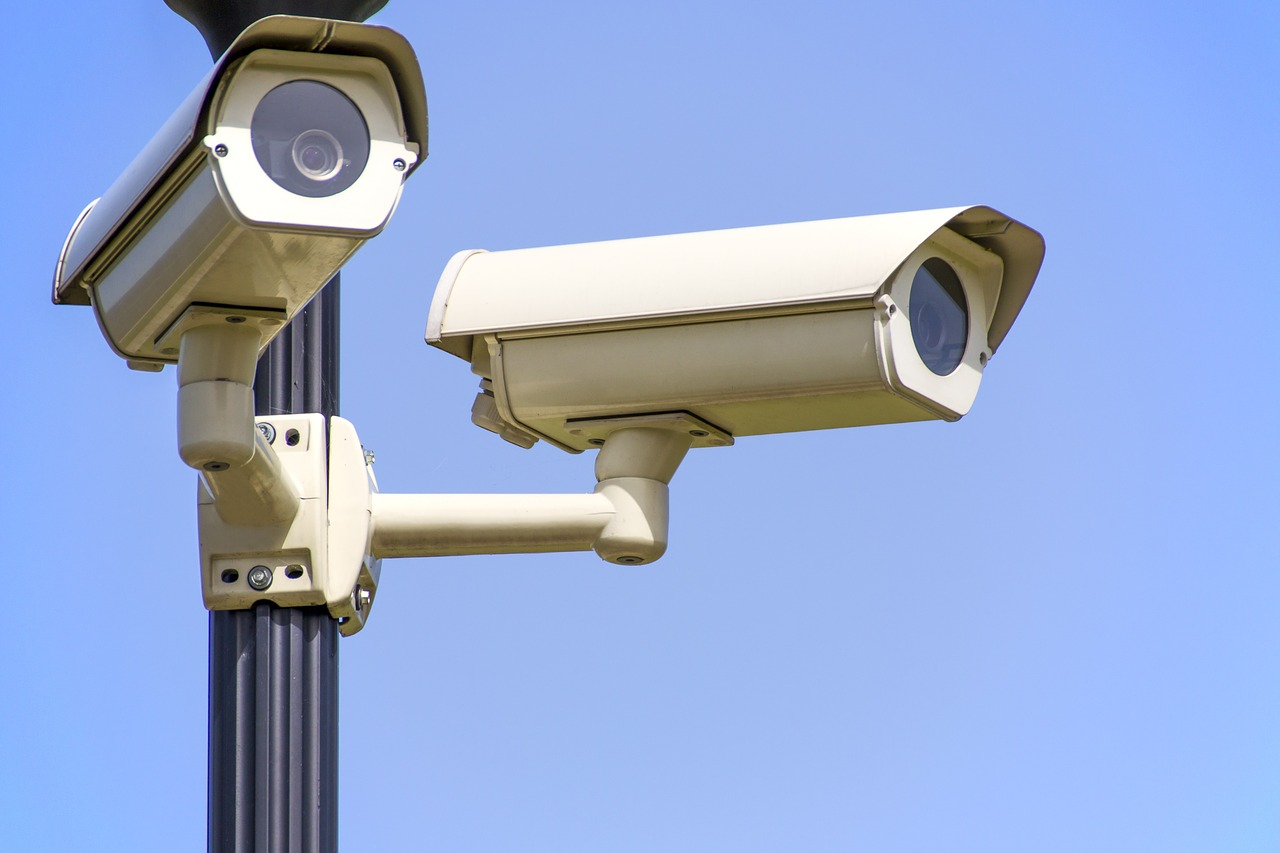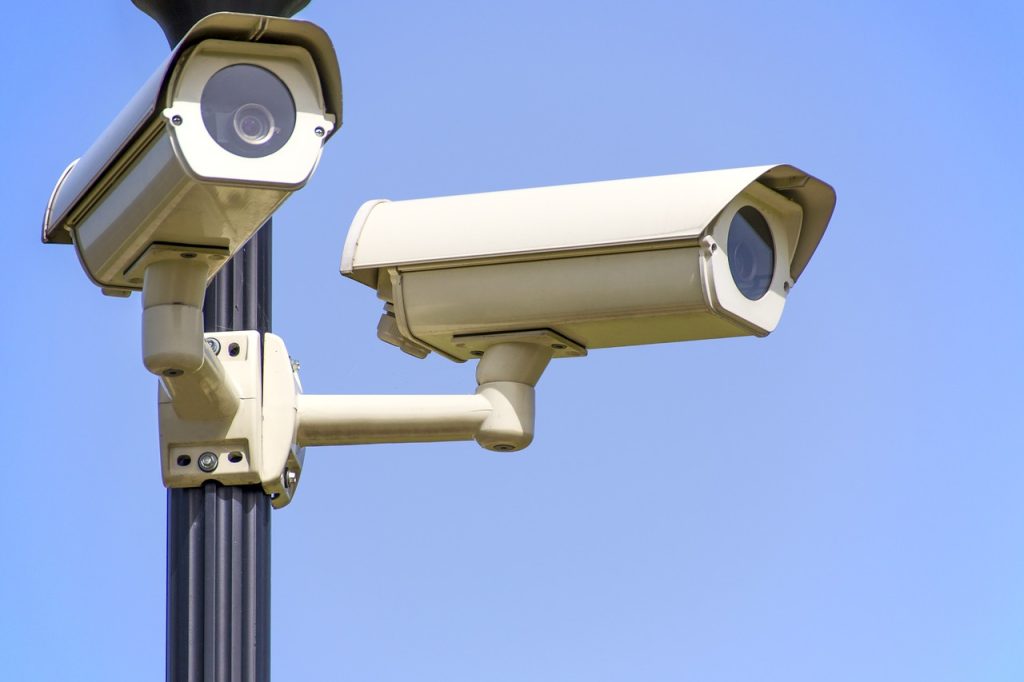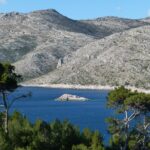
June 30, 2020 – Split, the second-most populous city in Croatia and the popular tourist destination, is currently in the process of installing cameras in problematic traffic and tourist areas in the city, which will increase the safety of citizens, visitors, facilitate the work of municipal workers, and collect fines for those who break laws.
Slobodna Dalmacija reports that one month ago, the citizens of Split were able to witness the installation of cameras at fourteen locations in the old town. In the end, the cameras will record public areas on Trumbićeva obala (next to the public toilet on Matejuška and the fisherman’s parking lot near Sv. Frane), near the Hotel Bellevue (fountain), on Kralja Tomislava Street (Josip Hatze Music School), on Gajo Bulat Square (HNK), Strossmayer Park (Zlatna vrata and Hrvojeva Street), the Art Gallery, the Old Town Hall on Narodni trg (Pjaca), Marmontova at the junction of Nigerova and Toncicecva streets, Peristyle, the entrance to Diocletian’s cellars from the Riva, and the area around the Dr. Franjo Tudjman monument will be monitored.
Cameras in places with a large number of recorded violations will enable accurate reconstruction of events in case of traffic accidents or robberies, and due to the psychological element created by the very presence of modern video surveillance, many people will think before breaking the law, explained Krešimir Kegalj, CEO of Electronic Security, the successful company in charge of installing the cameras.
This is not the first investment to protect public spaces and facilities owned by the city of Split. A video surveillance system has been installed in all primary schools in Split in to reduce the amount of vandalism and peer violence at the request of many parents.
“With the help of quality cameras, the safety of students increases, and we will save as the number of destroyed property decreases. It is important to note that in all schools, only common areas such as hallways or school surroundings are monitored, and not classrooms and locker rooms, which respects the privacy of students,” said Kegalj.
The safety of tourists is another extremely important item when it comes to the control of public areas, because during the summer months, they can also be the target of thugs and robbers, and vice versa. Cameras can help police detect suspicious behavior, react faster, and later accurately reconstruct an event.
“Tourism is a source of income for many families in Split, so it is important that visitors and citizens feel safe and protected at all times, and this includes viewing public camera footage,” said Kegalj, noting that an advanced video surveillance system covers all major hubs of the city center. Namely, fixed and mobile cameras of high resolution are installed on remote control. In order to use the full potential of such modern cameras, the human factor is also important, as well as the timely response and reaction to all perceived security threats.
“Modern video analytics enables the automatic detection of incidents and many other dangerous situations, which helps emergency services to speed up their own actions,” said the director of Electronic Security.
In large cities, physical surveillance of public areas is often a challenge, either due to a lack of security or police in the area, or due to the inability to intervene quickly enough to report a violation such as an improperly parked car or robbery. In recent years, popular tourist destinations have stepped up their security measures, but the ways and amounts of protection vary. Thus, Rome and Prague have two cameras per 1000 visitors, while London has 68 for the same number of visitors.
The most important issue is data protection or GDPR. Many will react, claiming that their rights are being violated, but, as Kegalj explained, this is not the case.
“According to the Law on the Implementation of the General Regulation on Data Protection (Article 32), recording and monitoring of public areas are permitted by public authorities, “if necessary for the performance of tasks and duties […] or for the protection of life and health of people of that property.” In other words, each local self-government unit may request permission from the Ministry of the Interior to place cameras in public areas to protect citizens and facilitate, for example, the work of the police. What citizens do not see directly are camera settings that obscure all parts that the city must not monitor, prevent the filming of other people’s yards, and the like, which further protects human rights,” said Kegalj.
To read more about lifestyle in Croatia, follow TCN’s dedicated page.








